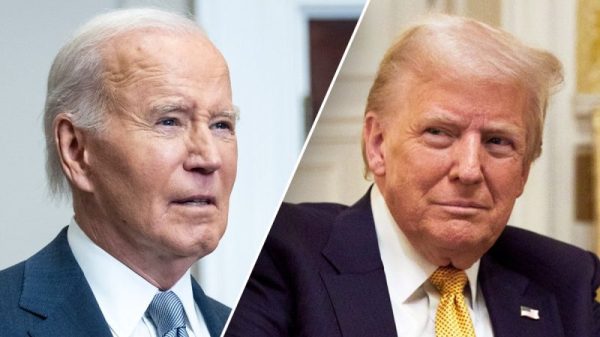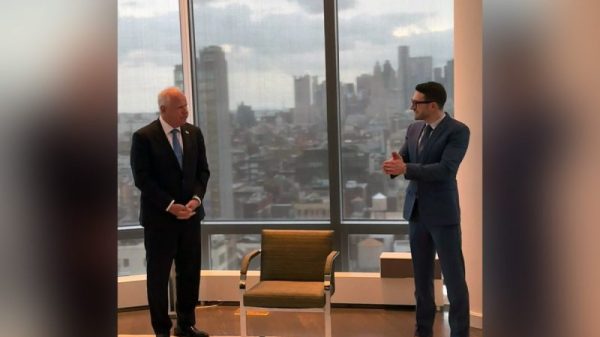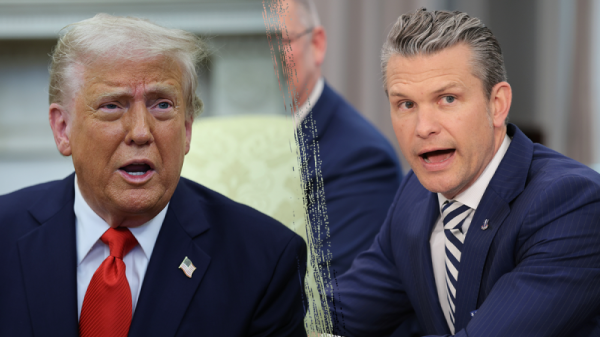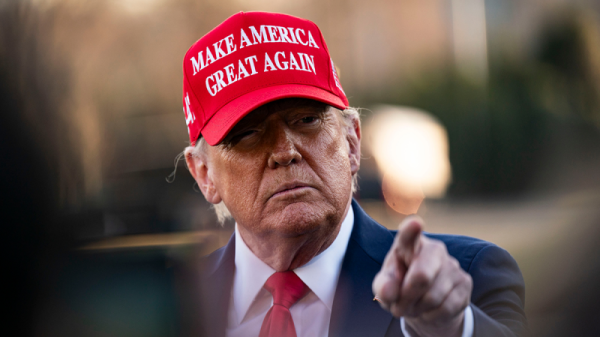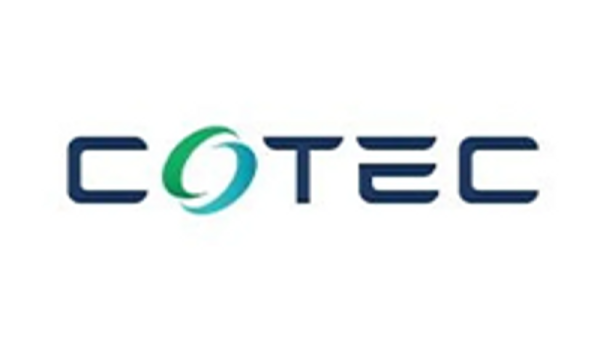With a Grammy win for best new artist, Chappell Roan is at a career high. A few years ago, she was one of the millions of Americans without a job or health insurance.
“I told myself that if I ever won a Grammy and got to stand up here in front of the most powerful people in music, I would demand that labels, and the industry profiting millions of dollars off of artists, would offer a livable wage and health care, especially to developing artists,” she said at the Grammy awards show in Los Angeles on Feb. 2.
“When I got dropped, I had zero job experience under my belt. And like most people, I had a difficult time finding a job in the pandemic and could not afford health insurance,” she said in her acceptance speech.
“If my label would have prioritized artists’ health, I could’ve been provided care by a company I was giving everything to. So, record labels need to treat their artists as valuable employees with a livable wage and health insurance and protection.”
Roan, whose given name is Kayleigh Rose Amstutz, was released from her record label in 2020. That’s the same year a huge spike in unemployment resulted in an estimated 1.6 million to 3.3 million people losing coverage through their employers, according to the Health and Human Services Department.
At the time, coverage expansions put in place by the Affordable Care Act acted as a safety net for those experiencing coverage disruptions.
That government-backed aid significantly lowered the costs of coverage for people buying health insurance plans on the ACA marketplace. Those customers include anyone who doesn’t have access to a workplace plan, such as self-employed individuals like musicians, as well as students and the unemployed, among others.
Gains in Medicaid and marketplace coverage have contributed to significant declines in the uninsured rate, according to KFF, a nonprofit formerly known as the Kaiser Family Foundation.
“With the Affordable Care Act, there’s a health care safety net for artists who previously had none,” said Larry Levitt, KFF’s executive vice president for health policy. The ACA also guarantees insurance for pre-existing conditions and subsidizes premiums based on income, he said.
Yet, there can still be challenges for artists in getting health insurance if their recording labels don’t provide it, according to Levitt.
“If income is volatile, premiums can fluctuate and be unpredictable because subsidies are based on actual income for the year,” Levitt said. “So an artist who has no income for a period of time can be left with no viable health insurance options.”
“It makes it really hard, especially for starving artists,” said Carolyn McClanahan, a physician and certified financial planner based in Jacksonville, Florida.
Jeff Rabhan, the former chair of the Clive Davis Institute of Recorded Music at New York University’s Tisch School of the Arts, said in a guest column in The Hollywood Reporter that “Roan’s call for record labels to pay artists a livable wage and provide health care was noble — but also wildly misinformed.”
In the column, published Feb. 5, Rabhan said “if labels are responsible for artists’ wages, health care and overall well-being, where does it end and personal responsibility begin?”
“Should artists have better health-care options? Absolutely,” Rabhan said in the column. “Sounds like a union thing to me. Most independent managers don’t have insurance, either — it’s a flaw in the industry at large, not just on the label side.”
Since those in the music industry are often paid as independent contractors, that makes it more likely they will forgo coverage, according to McClanahan, founder of Life Planning Partners and a member of the CNBC Financial Advisor Council.
“Unfortunately, many are not part of a union and are on their own in getting health insurance,” she said. “Sadly, many self-employed people don’t understand the Affordable Care Act and how to obtain insurance on their own.”
Even today, there are about 25 million uninsured Americans, KFF research shows.
“Most of the country is involved in [an] employer/employee relationship where the company is responsible for their wages, health care, and some care about your well-being. However, most artists don’t have this luxury and don’t understand they are basically running their own business,” McClanahan said.
“At least give them the tools.”
CNBC’s attempts to reach Roan for comment were not successful, but Roan responded to Rabhan on Instagram by saying she donated $25,000 to support “struggling dropped artists.”

